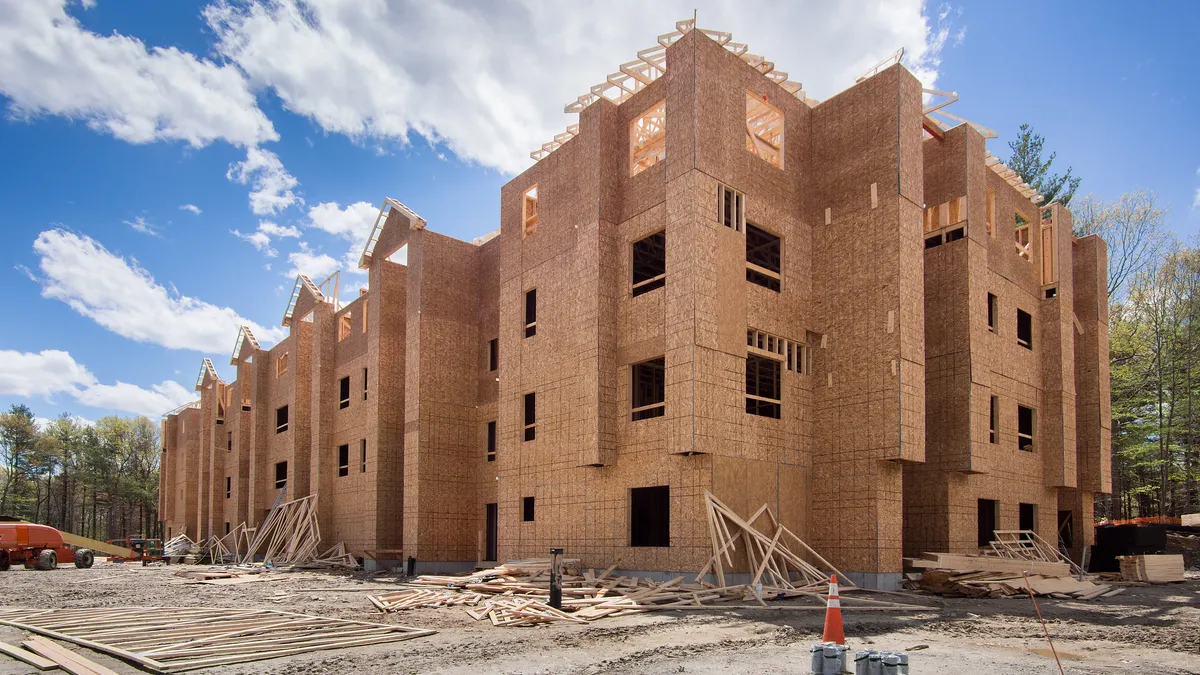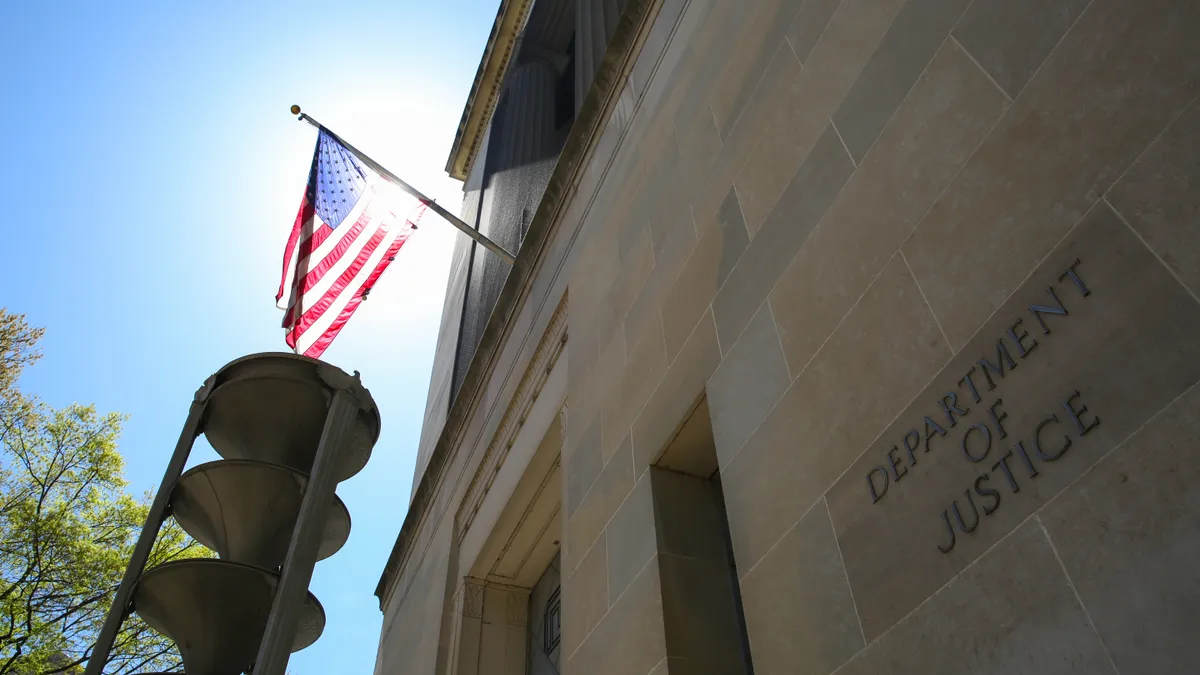According to California’s Department of Justice, “the price a Californian sees should be the price they pay.”
Now, two bills addressing that — California Senate Bill 478 and Assembly Bill 537 — have come into effect.
In recent months, politicians from the state level to the Oval Office have pledged to tackle the issue of junk fees. But California’s laws, effective July 1, will constitute “the most effective piece of legislation in the nation to tackle this problem,” California Attorney General Rob Bonta said last Fall.
As such, California hotels are now a testing ground for junk fee legislation across the country.
“Being from California, I'm going to go ahead and call California's [rule] the Gold standard,” A.J. Rossitto, advocacy director for the California Hotel and Lodging Association, told Hotel Dive. “So right now, our focus when we're looking at other legislation, in other states and federally, [is] we're trying to see how it aligns with the California standard.
“At the end of the day, we're talking about hotels that operate not just in California, but maybe have assets in multiple states,” he added.
How hotels are complying
While both rules impact how businesses will be required to display mandatory fees, Assembly Bill 537 takes aim at the lodging industry, in particular.
The bill forbids any place of short-term lodging from advertising or displaying a room rate “that does not include all fees or charges required to stay at the short-term lodging except taxes and fees imposed by a government on the stay.”
It also requires lodging operators to “include in the total price to be paid, before the consumer reserves the stay, all taxes and fees imposed by a government on the stay.”
It’s just good business. You don't shock people at the checkout counter.

Peter Hillan
spokesperson, California Hotel and Lodging Association
This mandates, then, that consumers be made aware of additional costs, such as resort fees and destination fees, before they buy. News reports have indicated that the practice of charging these added fees became prevalent in the 2010s — and HotelPlanner Chief Communications Officer Philip Ballard previously told Hotel Dive that they proliferated during the COVID-19 pandemic, when properties “were trying to make up for lost revenue.”
But while the issue has been in the spotlight in recent months, Peter Hillan, a spokesperson for CHLA, notes that “this isn't going to be a big sea change” for California hotels.
When discussions of the legislation began, he noted, the association did a “non-scientific poll” of its members and found that about 7% had resort fees, and only half of those weren’t fully disclosed.
“It’s just good business,” he said. “You don't shock people at the checkout counter.”
“We think these measures are ultimately good for hotels and good for the consumer,” Rossitto added. “We think that this is going to help create a level playing field with other industries, specifically short-term rentals.”
The operations impact
Ahead of the law coming into effect, even hotels that displayed fees within their room rates still had to “race to the finish,” Rossitto said.
That’s because AB 478, in particular, goes beyond the booking stage to impact how hotels display everything from added amenities to menu items.
Nicholas McDermott, general manager of The Ritz-Carlton, San Francisco told Hotel Dive that his team was “diligently working” to make sure the transition would be “seamless.”
“While we have consistently aimed to be upfront with our guests about all charges, we are reviewing our practices to ensure full compliance with the new requirements,” he said.
Those requirements have changed, slightly.
Two days before the law was slated to go into effect, the governor signed a law clarifying that restaurants and bars do not have to list mandatory fees in the prices for individual items. Some on-site food outlets at hotels may have been already trying to do this, given AB 478 could regulate “everything from how a burger is displayed on a menu to how massages are displayed,” Rossitto said.
A national issue
When it comes to room rates, however, some hotels were in compliance long before California passed its rules. That’s because hotels have been amending how they display rates in response to rising rancor over surprise fees.
Marriott International, for instance, agreed to be transparent about mandatory fees, including resort fees, after Pennsylvania’s attorney general fined the company $225,000 for failing to comply with a 2021 settlement.
And in September, Hilton said it was working to ensure that all mandatory fees were displayed upfront on all its channels, according to Reuters.
The hotel chains updating their fee advertising in response to California’s new laws, on the other hand, may impact how hotels display room rates across the country.
“If you have different display aspects on a website from a brand, do you then have 50 different websites?” said Hillan, who added that this underscores the need for a national standard.
The American Hotel and Lodging Association supports national-level fee legislation, including the Hotel Fees Transparency Act and the No Hidden FEES Act, which are currently both in Congress.
“AHLA supports updates to disclosure requirements that apply everywhere guests are shopping for and booking lodging,” according to the association. “Ensuring guests have all the necessary information prior to booking their rooms is central to the hotel industry’s model and to consumer satisfaction.”
Rossitto said California’s rules could potentially inspire the language of national ones — and that CHLA is liaising with those responsible for the laws currently being considered at the federal level.
“We'll see how it plays out here during this implementation period,” Rossitto said. “The next six months will be particularly telling.”



















